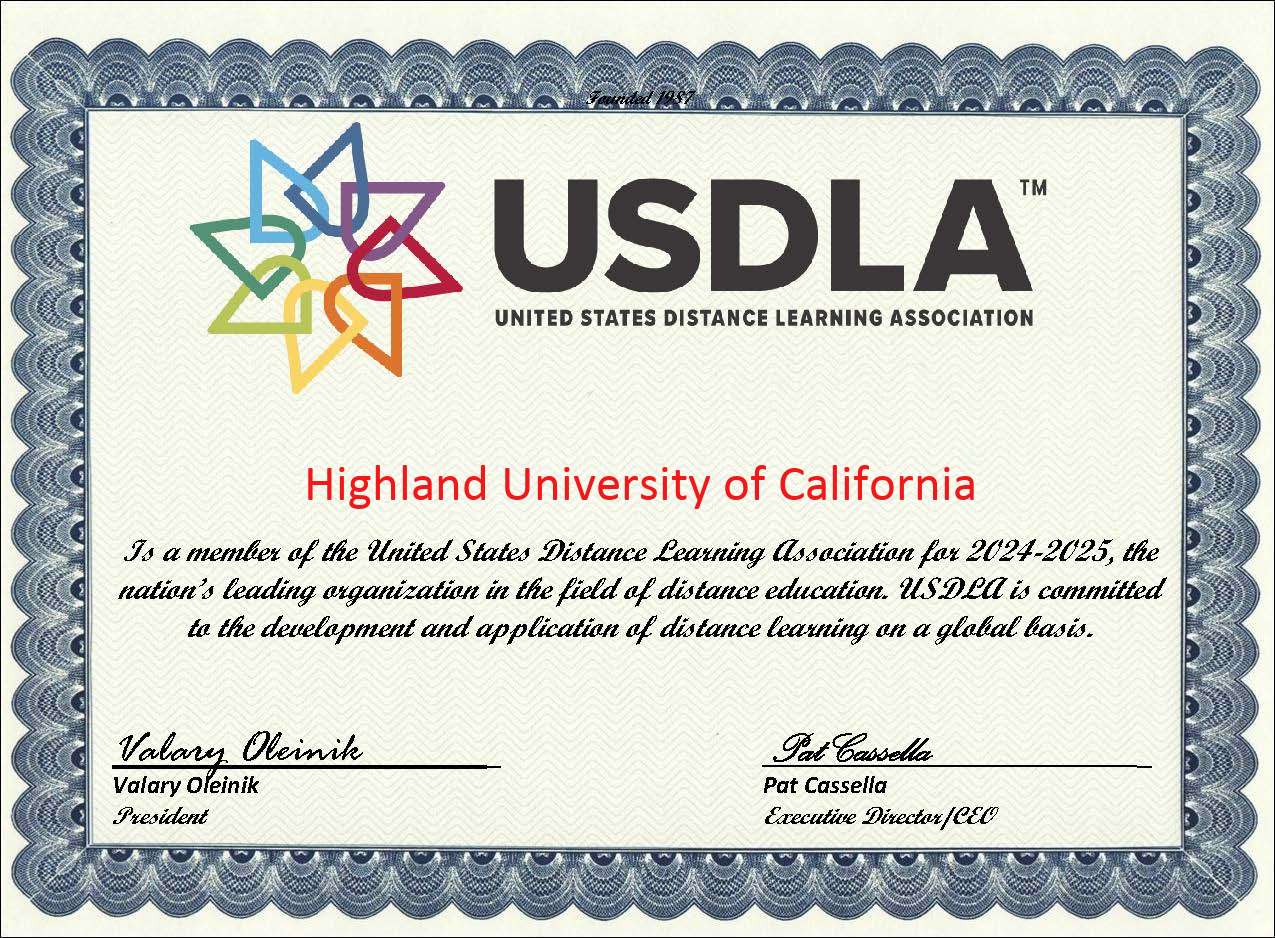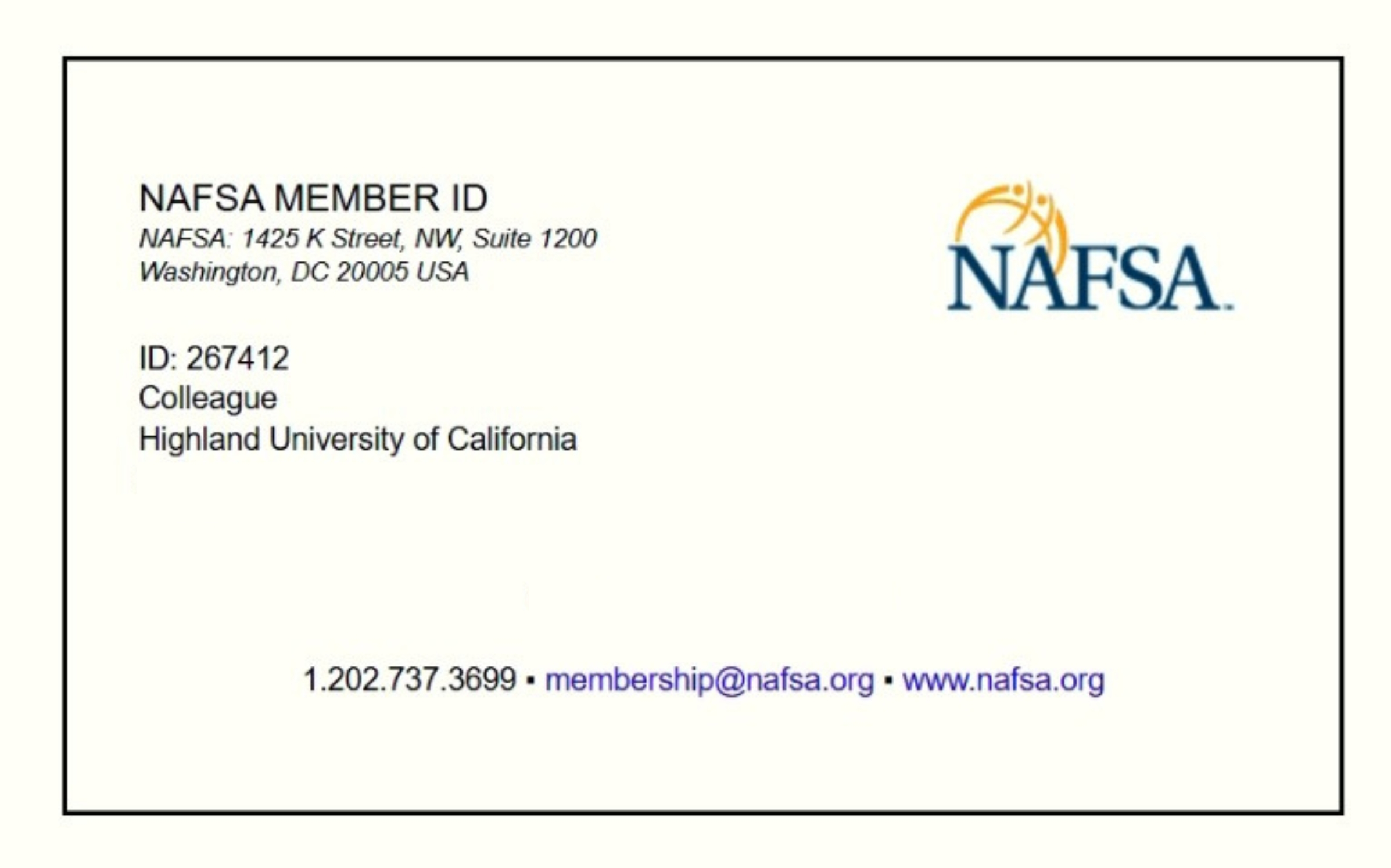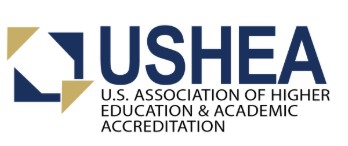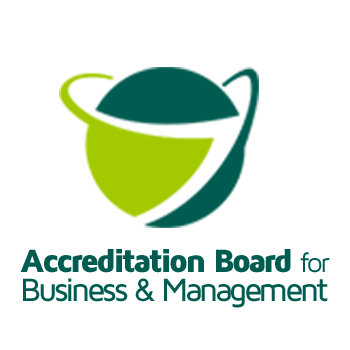Commitment to Excellence in Distance Learning (USDLA)
HUCAL proudly holds institutional membership with the United States Distance Learning Association (USDLA), supporting quality, innovation, and access in distance learning.

At Highland University of California (HUCAL), we prioritize academic quality and global recognition for our students. To reinforce this commitment, HUCAL holds institutional membership with the United States Distance Learning Association (USDLA).
Benefits for HUCAL Students
- Quality assurance aligned with distance-learning best practices.
- Innovation in learning supported by tools and resources for modern delivery.
- Global credibility through recognized affiliation and standards alignment.
- Flexibility and access for working professionals and international learners.
- Continuous improvement through an education-focused nonprofit network.
View membership: Official USDLA Institutional Members page.






























































































































































































